There were three reasons why I so badly wanted Donald Trump to win the US presidential election. One was that the alternative was Hillary; another that I knew it would annoy all the worst people in the world; but the third was a positive one: I genuinely believed that as an independently wealthy, outsider candidate with no loyalties to the DC establishment, Trump was going to be the revolutionary hero who would finally free the people from the shackles of a corrupt, sclerotic and self-serving ruling elite.
Some may scoff at my naivety. But there was evidence to support my view. Brexit had just happened and what seemed clear from Trump’s embrace of Nigel Farage was that he saw himself as part of the same populist wave. We knew from Trump’s Twitter feed that he rejected the GOP consensus of the Bush eras: he was against neocon-style military intervention, he wasn’t going to pay even lip service to global warming (‘created by and for the Chinese in order to make US manufacturing non-competitive’) and he was going to stick up for the neglected ‘middle class’ — all those ordinary, hardworking Americans whose living standards hadn’t risen in 20 or more years, while the 1 per cent just got richer and richer. And we could also guess from his public manner and private behaviour (such as the infamous ‘pussy’ tape), that Trump was unlikely to share Hillary’s enthusiasm for the political correctness which is making parts of the US — notably its campuses — feel like a very un-American liberal fascist tyranny.
Then, finally, there was his campaign adviser — and later chief strategist — Steve Bannon. I’ve read lots of things about Bannon, mostly from people who don’t get him and have never met him. He used to be my boss at Breitbart — and to say I loved him would be an exaggeration because he can be foul-mouthed, quick-tempered and very, very scary. But I admire him hugely for his vision, his galvanising powers and his extraordinary energy.
Steve — ‘Honey Badger’ as we used call him, after the viral internet video about the famously fearless and impervious mustelid who ‘don’t give a shit’ — is a force of nature. He lives on almost nothing but Diet Coke and BlackBerry updates, sleeps no more than about three hours a day and, like the Eye of Sauron, sees everything and misses nothing. He thinks many steps ahead and he makes stuff happen: just the kind of guy you’d want at a high level in your presidential administration.
Though Bannon is rich enough from his days as a Wall Street financier (his biggest coup was when, in lieu of an adviser’s fee, he accepted a financial stake in five TV series including an obscure no-hoper called Seinfeld) not to feel out of place among east and west coast elites, he has never lost touch with his working-class roots. He prefers to dress more like Michael Moore (a fellow multimillionaire and scruff) than New York preppies, which is one reason why he looks so awkward in his suit in those White House photos next to uber-preppy Jared Kushner. He genuinely identifies with blue-collar America.
This is obvious to anyone who ever listened to the Breitbart News Daily morning phone-in show he used to do in the US on Sirius XM. It was where, I believe, the Trump revolution really began. Bannon would take calls from middle America — truck drivers, farmers, coal miners, a lot of guys from the military — and, part irascible professor, part regular guy in the bar, would quiz them on their concerns. He challenged them, took them seriously, treated them like adults. No one understands the Trump base better than Bannon.
Yet now — if DC rumours are to be believed — Trump is sidelining him. Bannon, hailed as ‘a good friend’ when Trump hired him last August, has now been relegated to a ‘guy who works for me’ and has been dropped from his position on the National Security Council. The reason for this, it has been suggested, is that there has been a clash of egos and policy goals in the White House inner circle: first between Bannon and Kushner, Trump’s son-in-law and senior advisor; secondly between Bannon and the military industrial complex, led by US National Security Advisor General H.R. McMaster.
In their different ways, Kushner and McMaster embody the establishment that some of us hoped the Trump administration would destroy. Kushner (and his wife Ivanka) want to be part of the remote, politically correct liberal elite who hoped and expected Hillary would win. McMaster represents the crusty conservative establishment which — despite the disastrous consequences of meddling in Afghanistan and Iraq — believes that one of America’s main jobs is to be a world policeman.
If you’re of a left-liberal persuasion, the triumph of the Kushner faction — not to mention the promotion in the administration of so many Goldman Sachs types, notably the Democrat Gary Cohn, who is now acting as a top economic aide — is great news because it means you got a Hillary presidency through the back door. If you believe, as the GOP establishment does, that the US president’s job is to keep the boat steady rather than to drain the swamp, then you’ll be relieved that Trump is starting to look as much a part of the system as the Bushes were.
But if, like me, you were hoping that Trump would be the US answer to Brexit — the new broom that would sweep away the old elite — you might be starting to get a little nervous.
Got something to add? Join the discussion and comment below.
Get 10 issues for just $10
Subscribe to The Spectator Australia today for the next 10 magazine issues, plus full online access, for just $10.
You might disagree with half of it, but you’ll enjoy reading all of it. Try your first month for free, then just $2 a week for the remainder of your first year.


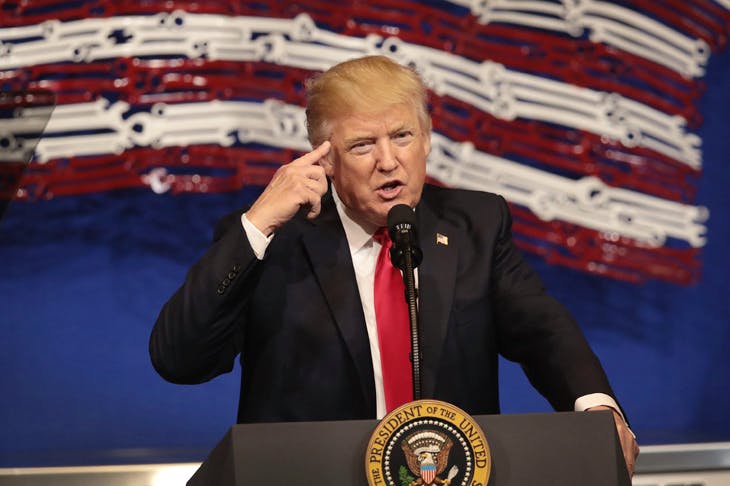
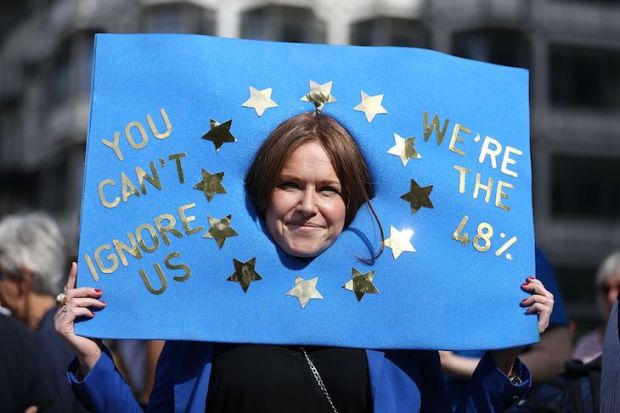
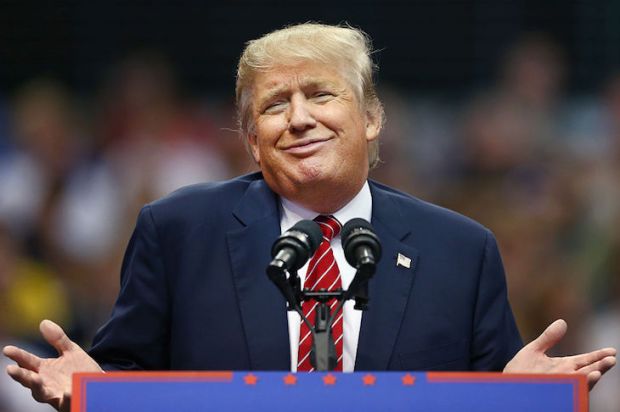
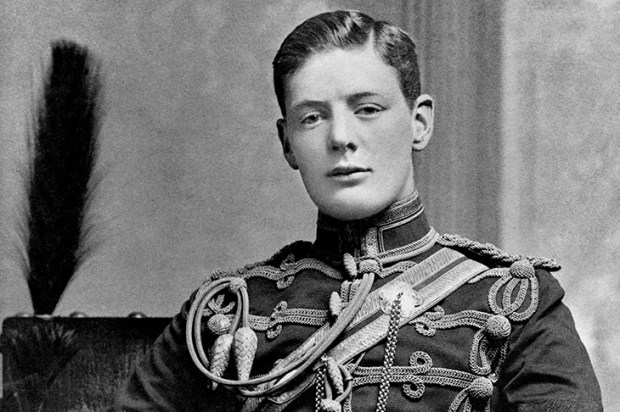
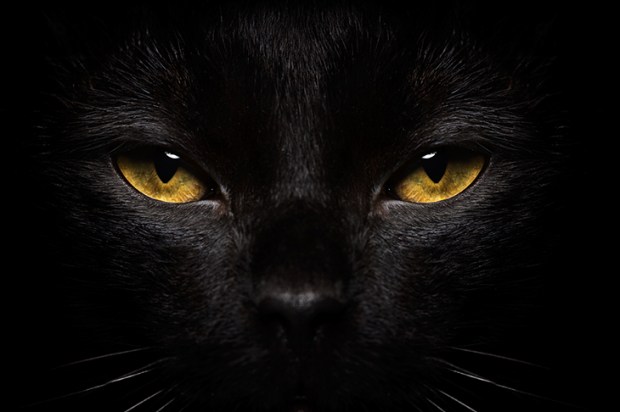








Comments
Don't miss out
Join the conversation with other Spectator Australia readers. Subscribe to leave a comment.
SUBSCRIBEAlready a subscriber? Log in